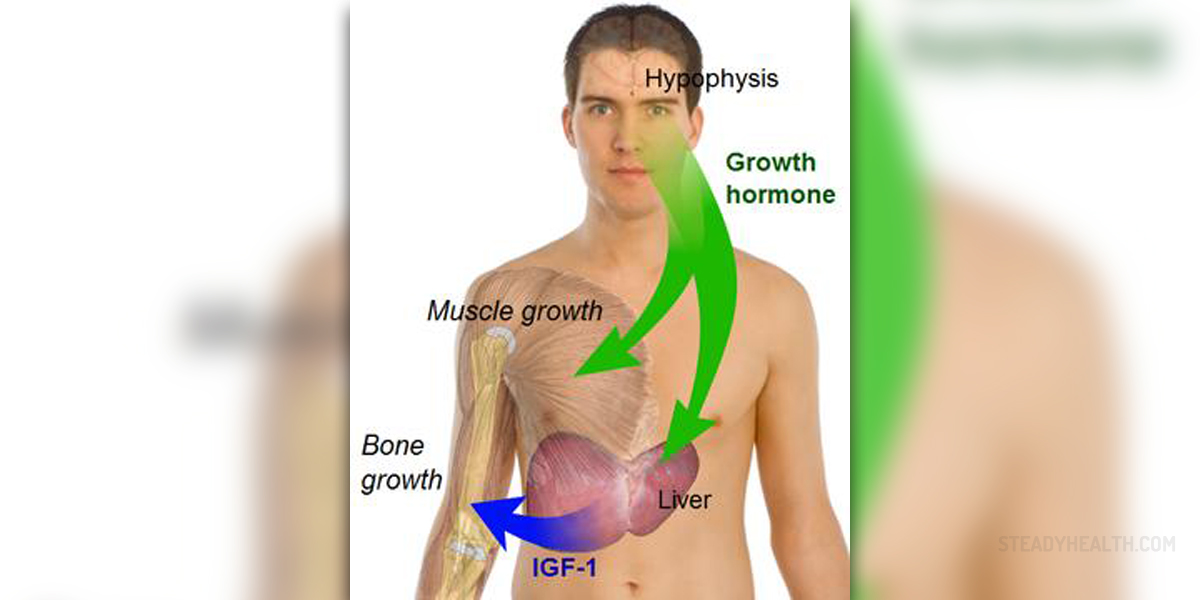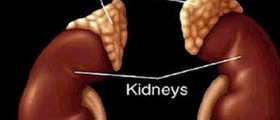Human endocrine system comprises glands and their products, hormones. Hormones are nothing but chemical messengers in charge of transfer of information and capable of initiating certain processes in our body. The blood is rich in different hormones. Each of them eventually reaches target cells and connects with its receptors. So, one hormone can only fulfill its function after it binds with specific cells.

Problems with the Endocrine System
The level of hormones in the body basically depends on the function of the gland, its structural integrity and function of organs which control the gland. Stress, medications, illnesses are all factors that may interfere in optimal hormone production and cause hormonal imbalance.
It is not good to have excess of some hormones in the body. This will lead to stimulation of some processes. Lack of hormones, on the other hand, is responsible for inadequate activation of some processes. So, in order for our body to function properly each and every hormone must be within optimal limit.
Various neurologic signs and symptoms arising from the endocrine disorders include:
- headache,
- altered state of consciousness,
- abnormal muscle strength, muscle tone and gait,
- movement disorders,
- and psychomotor retardation.
Adrenal Insufficiency and Cushing's Syndrome
These two conditions develop once the function of the adrenal gland is jeopardized. In case of adrenal insufficiency the gland stops producing any of the hormones normally synthesized by the cortex. Cushing's disease, however, is a disease that develops due to excess of glucocorticoid hormones, those which are also produced in the cortex of the gland.
Patients suffering from adrenal insufficiency commonly experience fatigue, weakness, abdominal pain, nausea and dehydration as well as skin changes. Cushing's disease is a reason why patients become obese, have weak muscles, easily bruise, are susceptible to stretch marks and acne and may suffer from high blood pressure and some psychological changes. In children Cushing's disease leads to growth failure.
Diabetes
Diabetes is a chronic, systemic disease associated with malfunction of the pancreas. The pancreas is a gland with dual function, endocrine and exocrine. It is in charge of production of several hormones among which insulin plays the most important role in regulation of blood sugar levels. In people suffering from diabetes there is no insulin produced, or there is some of the hormone which is not capable of regulating glucose in the blood. The condition is connected with many different symptoms and signs and can easily cause a variety of complications affecting each and every organ in the body.
The Pituitary Gland Disorders
This gland is the leading one when it comes to human endocrine system. It releases several hormones which control function of other glands including the thyroid gland, adrenal gland, gonads (ovaries and testicles) and also produces growth hormone, a powerful chemical compound essential for proper growth and development. Because of all the mentioned there are several different disorders of the pituitary gland depending on which hormone is not being synthesized correctly.
Hyperthyroidism/Hypothyroidism
Hyperthyroidism and hypothyroidism are conditions that develop due to hyperproduction/hypoproduction of thyroid hormones. These hormones are of major importance for metabolism, therefore, their imbalance leads to a variety of metabolic changes.










-In-Infants-And-Older-Children_f_280x120.jpg)





Your thoughts on this
Loading...